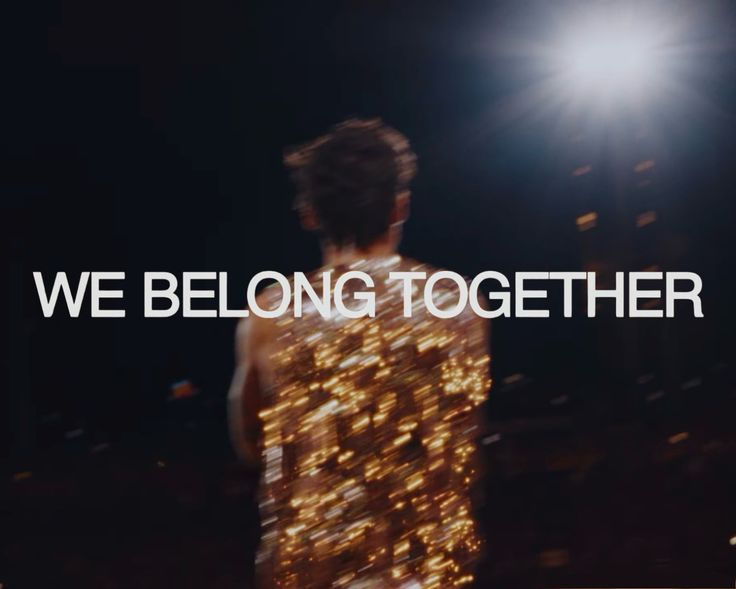US Copyright Philosphy, Art for the Sense of Becoming
- Caleb Gollings

- Oct 30, 2025
- 3 min read
A few semesters back, I took a Music Publishing class at UIC, which I found so interesting that I almost considered wanting to go to law school and become an entertainment attorney. With the rise of AI ripping off art and music, it got me thinking about American Copyright again. So now I’m going to share what I learned about the structure of US copyright and copyright in other parts of the world from my coursework and give my opinion on what I wish authorship looked like.
American Copyright Philosophy
The foundation of US copyright is built on the utilitarian philosophy, meaning that by giving authors property rights to their art, those authors will have a bigger financial incentive to produce and distribute their work. Artists will only work hard to create new works if they can profit from the public distribution of their work. To that I agree with because I mean, who wants to spend hours of their life creating a painting, book, or song just for someone to steal it and deny any revenue stream to them.
Other Copyright Philosophies
In some European countries, like France and Germany, they don’t have laws called copyright laws. Instead, they have what they call moral laws because, exactly how it sounds, they believe artists should be morally entitled to the protection and control over their product, called the author’s right philosophy. The difference here is that US copyright laws grant control to an author’s work because it will benefit society and the economy. Meanwhile, moral laws in parts of Europe argue that, like people own their bodies, they also own the labor of their own bodies. I completely agree with the author’s right philosophy, and I wish the US followed it.
There are some other philosophies I've learned about, but I know that with increasing capitalistic business practices in recent history, more countries are using copyright for economic gain. In historical Asian countries, artistic works were shared freely with everyone because cultural merit was the greatest honor.
Thoughts
To start, I do support artists being able to financially profit from their artistic creations that they put so much time into, and I do think they deserve autonomy and control over whether they want to make their work public or allow it to be transformed in any way. However, I am upset at the current American system of creating art for economic purposes, because it discourages creativity. When you think about it, people who are making art, music, literature to financially support themselves are making less art that is a reflection of their personality, and instead make more homogenous art for public satisfaction. In today’s age, our utilitarian system incredibly supports the use of AI, because it reinforces the use of art to boost economic growth and efficiency, rather than to congratulate the creativity of authors. Not to mention, the more AI competes with real creators, the less they will be willing to create more organic pieces of work. I really dislike this. The whole definition of art has lost its meaning and is no longer about being imaginative and innovative, but is now about being marketable.
I wish we were better equipped with a system that encouraged art for art’s sake. When I say this, I am reminded of the author Kurt Vonnegut’s letter to a high school classroom, where he endorses the idea of making art just for self-growth and the sense of experiencing becoming. I personally find that very beautiful, and I think about it often.

Overall, we definitely need copyright laws to protect creators, but the system we have now hurts original art and is pushing for a more homogenous, less inspired culture. Keep fighting this by supporting independent artists!
Thank you for reading my blog, I would love to hear what you think!
Caleb G / Industry Insider
_edited.png)



Comments